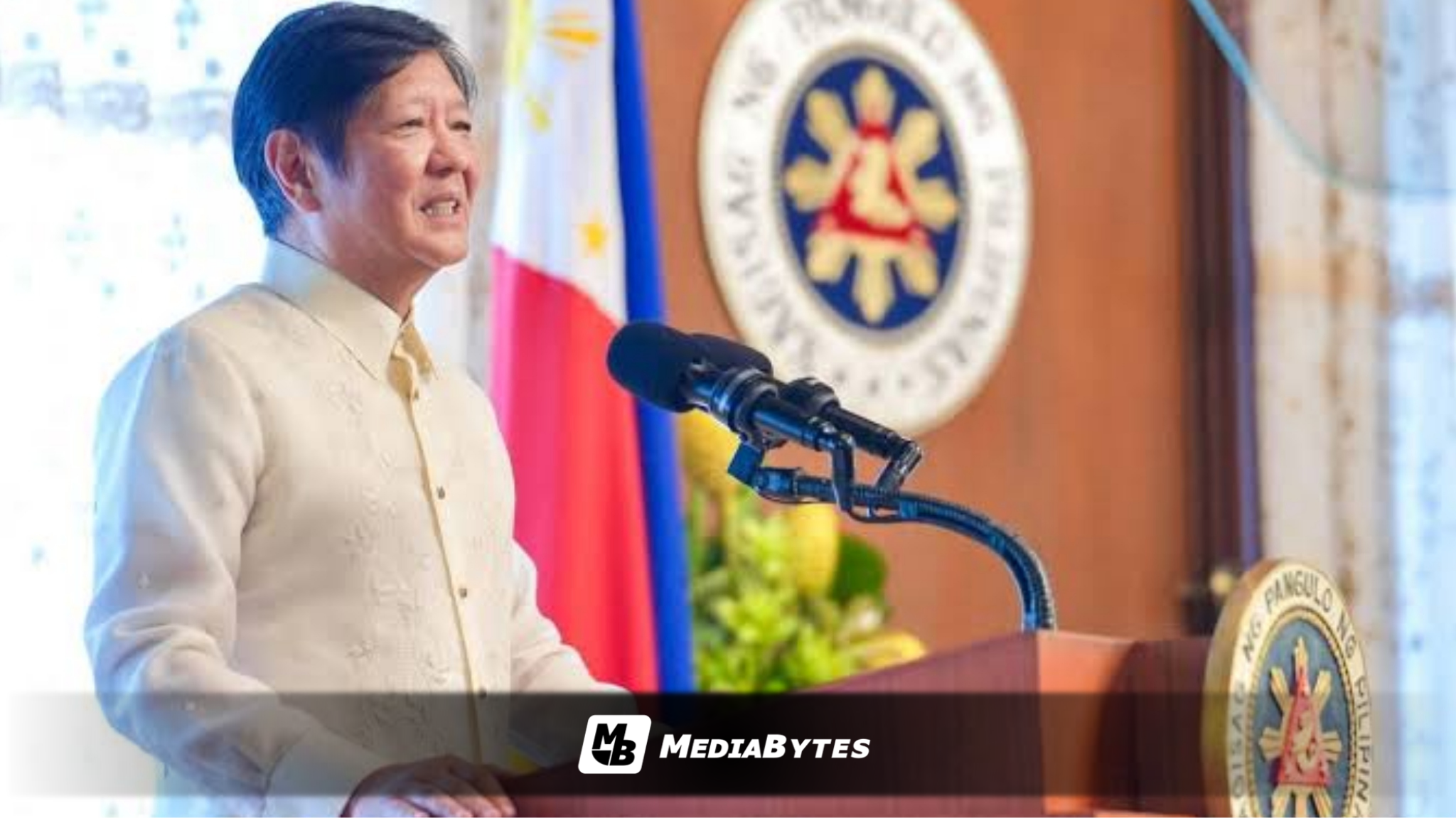
President Ferdinand Marcos Jr. has formalized the creation of a new innovation and technology hub in Biñan, Laguna, while also declaring a protected landscape in San Francisco, Quezon, to safeguard critical biodiversity and natural resources.
On July 30, Marcos signed Proclamation No. 985, designating a 50,000-square-meter property at the De La Salle University Science and Technology Complex, Leandro V. Locsin Campus in Biñan as a knowledge, innovation, science, and technology ecozone. The area will be known as the De La Salle University Innovation Hub.
The innovation hub, established under Republic Act 7916 or the Special Economic Zone Act of 1995 as amended by RA 8748, was recommended by the Philippine Economic Zone Authority (PEZA). The law encourages economic growth through the development of “ecozones” — areas with strong potential for agro-industrial, commercial, investment, and tourism-related development.
Meanwhile, under Republic Act 12229, which Marcos signed on July 23, a 29.6-hectare site in San Francisco, Quezon has been declared a protected landscape. Named the San Francisco Protected Landscape (SFPL), the site forms part of the Mulanay Watershed Forest Reserve and is recognized for its unique biological resources and ecological value.
The law mandates the conservation, protection, management, and rehabilitation of the area, emphasizing cooperation among the national government, local government units, NGOs, the private sector, and local communities.
A Protected Area Management Board (PAMB), chaired by the Department of Environment and Natural Resources (DENR), will oversee the SFPL, while a dedicated Protected Management Office will handle daily operations.
To sustain its protection efforts, a trust fund will be established. The PAMB will retain 75% of all revenues generated, with the remainder remitted to the National Treasury’s General Fund. These funds may also be augmented by local and foreign grants, donations, and endowments.
Disbursements from the trust fund will be used exclusively for projects related to the National Integrated Protected Areas System (NIPAS) and other initiatives endorsed by the PAMB, in line with existing fiscal rules.



